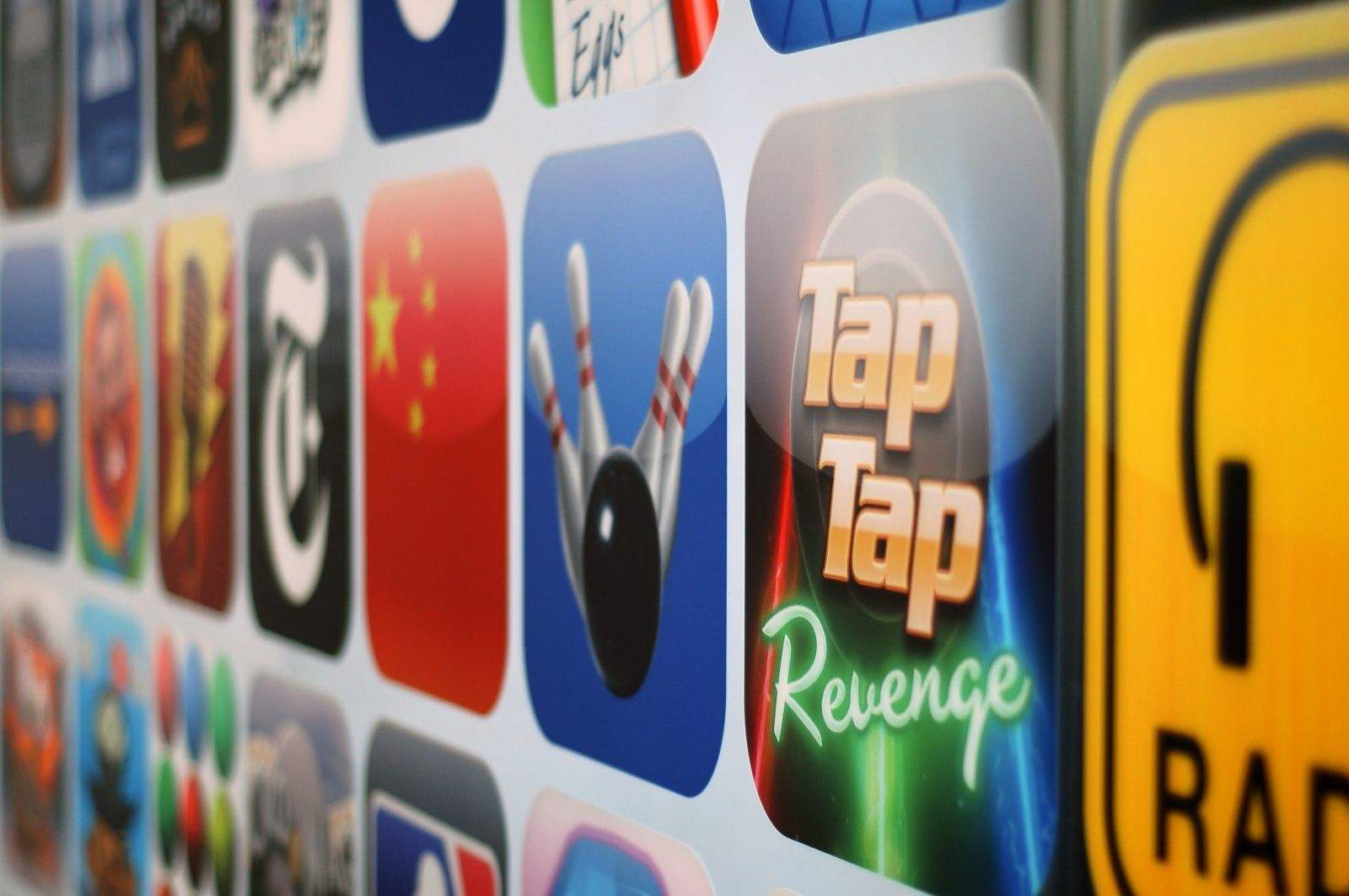If I told you that Apple had a monopoly over all of the apps sold through the iTunes App Store, what would you say? Would you stammer for a little bit, eyes boggling, trying to understand how an injustice like this could happen in our tightly regulated markets? Or would you say, “No kidding, Sherlock. The App Store is their exclusive proprietary platform. It’s a walled garden,” and then, perhaps to emphasize what an idiot you think I am, slowly twirling one finger around your ear while using another to rapidly flick your lower lip up and down while googling your eyes?
I can’t blame you; I’d probably do the latter myself. Yet would you believe that an antitrust complaint was filed against Apple because there aren’t third-party app stores allowed on the iOS platform? Of course someone did. The case has been dismissed by a U.S. District judge, but not because it was a stupid complaint, but because the plaintiffs made a procedural mistake.
The lawsuit in question was first leveled in 2011, accusing Apple of creating a monopolistic ecosystem in which apps are only available from the App Store with a 30 percent cut. This actually isn’t true, because web apps are allowed on iOS, and enterprises can deploy any apps they want. Either way, the claim was that this obligatory 30 percent cut inflates the price of apps, and the lack of alternatives keeps prices high.
U.S. District Judge Yvonne Gonzales Rogers has now dismissed this complaint, saying the plaintiffs didn’t prove their “collective allegations that they have been deprived of lower cost alternatives, paid higher prices for Apple-approved applications, or had their iPhones disabled or destroyed. At a minimum, plaintiffs must allege facts showing that each named plaintiff has personally suffered an injury-in-fact based on Apple’s alleged conduct.”
In other words, since the plaintiffs actually admitted they had never purchased the apps in question, the judge threw out the case because no harm had come to them. However, that doesn’t kill the case: all the plaintiffs have to do is re-file, meeting the judge’s requirements. Expect to see this case bubbling back up to the top of the docket sometime soon.
Source: Bloomberg


